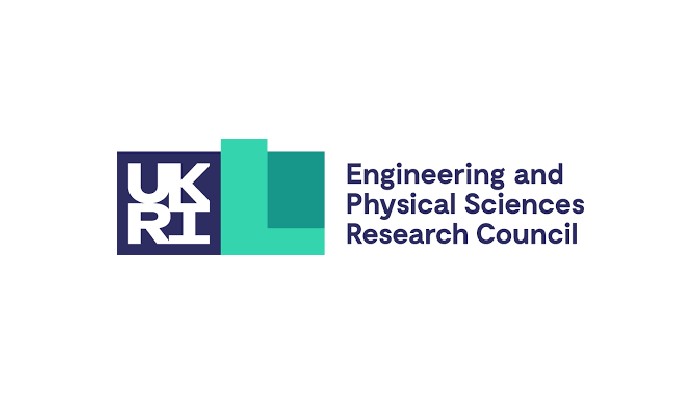OCIB: Overcoming Connectivity in Biofilms
Neil Bricklebank, Keith Miller and Louise Freeman-Parry
Connectivity is not always good: when bacteria connect with each other it can lead to biofilms, protective coatings that hamper efforts to treat underlying conditions such as chronic wounds. If we can overcome this connectivity we can speed-up the treatment of the wound.
This work is being carried out in collaboration with Francis Clegg
Novel Biosensors
Tom Smith
Via a collaboration between Professor Aleksei Nabok (MERI), Professor Tom Smith (BMRC), Dr Abbas Hashim (MERI) and Dr Sue Forder (STA) we are investigating use of spectroscopic and electrochemical techniques to monitor growth and physiological state of microorganisms toward the development of new biosensors. Results to date show how bacteria can be used to monitor doses of gamma radiation to produce an electrochemicalbiosensor. Experimental work has been carried out by Maytham Al-Shanawa (PhD student supported by the government of Iraq).
Intervertebral disc degeneration
Christine Le Maitre
Lower back pain is a major problem to the community affecting approximately 80 per cent of the population sometimes in their lives. Intervertebral disc degeneration has been implicated in approximately 40 per cent of cases of lower back pain and thus is a promising therapeutic target. However the current therapies are purely symptomatic or involve surgery which does not address the initial causes of lower back pain. We are currently interested in the development of tissue regeneration strategies involving the use of Mesenchymal stem cells to replace the dysfunctional disc cells utilising novel polymer hydrogel scaffolds.
This work is being carried out in collaboration with Chris Sammon.
Design and development of a ""Tassimo""- style unit for therapeutic stem cell delivery in theatre and clinic.
Christine Le Maitre
We are currently working on the design, manufacture and testing of proof of principle prototypes of small reaction vessels that would facilitate the rapid synthesis of hydrogel in an operating theatre environment and applying the design strategies of pod coffee makers.
This work is being carried out in collaboration with Chris Sammon.
Exploring Virtual Reality Prosthetics
Christine Le Maitre and Catherine Duckett
We are currently utilising the expertise of a multi-disciplinary team together with input from users and young people to develop a methodology for prostheses design and assessment. We aim to develop a Virtual Reality (VR) system to evaluate the acceptability of resulting designs for upper limb prostheses.
This work is being carried out in collaboration with Andrew Alderson.
Ellipsometry Project
Ben Abell and David Smith
The biochemistry research group in the BMRC collaborates with Alexei Nabok in MERI to apply ellipsometry to the analysis of proteins at biological membranes. Topics being addressed by this technique include chloroplast biogenesis, the action of protein oligomers in Parkinson’s Disease, and screening for drugs that interact with G-protein coupled receptors. Previous work by Alexei on the binding of antibodies was initially adapted to provide quantitative analysis of chaperone:receptor interactions.
The ability to study proteins in the context of biological membranes was then developed by floating membranes on an aqueous surface for mounting in thin layers. This novel integration of methods was applied to chloroplasts, liposomes and mammalian cells, which has produced insights into the binding of proteins at membranes and also the direct interactions of proteins with membranes. To date this research has resulted in three publications in international journals. BMRC researchers involved in this work are PIs Ben Abell and David Smith, former member Verena Kriechbaumer, and PhD student Rachel Smith. External funding has been provided by the BBSRC, EPSRC, and the Dr Hadwen Trust.
Clinical Application of Thermal Imaging
Dr Reza Saatchi (MERI)
Thermal imaging is being applied in several clinical contexts in association with colleagues at Sheffield Children's Hospital, including for bone fracture screening (in collaboration with Professor Charmaine Childs, Centre for Heath and Social Care Research) and early detection of infections in neonates. This method is based on dynamic image processing of thermal videos. In the case of bone fracture, use of thermal imaging may lead to reduced use of x-rays in young children. In neonatal infections, we hope thermal imaging will reveal infections earlier than clinical assessments and allow earlier intervention with antibiotics with the aim to reduce morbidity and mortality.











